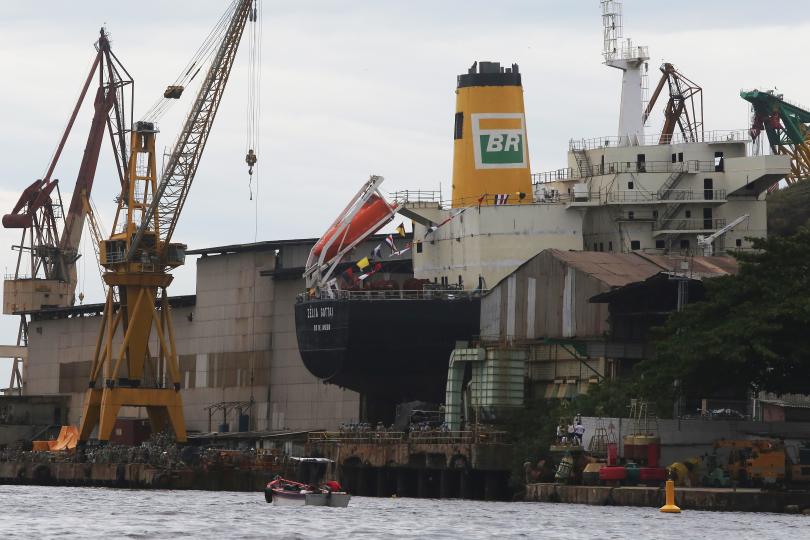The investors who last week cheered the detention of former Brazilian President Luiz Inácio Lula da Silva as a breakthrough in resolving the country’s political and economic crisis may have hit the “buy” button a little too soon. With the promise of weeks of demonstrations planned around the far-reaching corruption scandal that has rocked Brazilian politics, the country will have no respite from events that have warped its politics and complicated efforts to emerge from searing recession.
Shares on São Paulo’s exchange rallied on Friday as investors anticipated a raft of events that could hypothetically follow from the arrest of the popular ex-president: the impeachment of his chosen successor, Dilma Rousseff, and new leadership that would, together with Congress, tackle the structural problems that contributed to a 3.8-percent shrinkage of the economy in 2015.
According to experts on Brazil and its politics, it’s all a bit far-fetched for now.
“Markets tend to exaggerate to the negative and the positive side,” said Paulo Sotero, director of the Brazil Institute of the Woodrow Wilson International Center for Scholars. “Right now they are exaggerating to the positive side.”
Lula was detained by Brazilian authorities on suspicion that he may have personally profited from a complex bribery scandal involving Petrobras, the national oil company that’s come under scrutiny from a group of energetic prosecutors in a case known as Operation Car Wash. Lula, still very much a beloved figure in his Workers’ Party after becoming Brazil’s first working-class president, denied wrongdoing and enjoyed a vigorous defense from supporters who gathered outside his residence.
Critics of the Rousseff government have called mass demonstrations for March 13seeking her impeachment.
Street protests have a history of moving the political debate in South America’s largest country, but so far they’ve been mainly well-to-do Brazilians who would line up against the Workers’ Party anyway, noted Simon Whistler, managing director for political and social risk at Control Risks, a consultancy. The presence of traditional allies of Rousseff and Lula from the leftist party would alter the equation.
“If they hit the streets in a large number, that is a game changer, much more so than upper-class white people from fancy neighborhoods in Rio and São Paulo,” Whistler said.
Economic reform in the absence of political change seems unlikely, said Carlos Eduardo Lins da Silva, a political analyst with the São Paulo Research Foundation, or FAPESP.
President during the commodities boom that kept Brazil’s oil wells pumping and its miners employed full time, Lula had fiscal breathing room that enhanced his political credibility, allowing him to be both a darling of the business community and a savior of the working class with new social programs.
Rousseff doesn’t appear to have the acumen that might pay off in tougher times. Her attempts to find a credible finance minister, for example, have fallen flat.
“She must also try to please the markets, though, and this will be a tall order for her,” Lins da Silva said. “As a politician, she never displayed a knack for delicate balancing acts.”
The other scenario would be that new revelations in the Petrobras scandal make Rousseff’s position untenable. That may force her resignation even before her followers openly break with her to join the demonstrations of her political opponents.
Local media have reported that the former Workers’ Party leader in the Brazilian Senate, Delcídio do Amaral, clinched a plea bargain with prosecutors following his November arrest that directly implicates Rousseff and Lula in the Petrobras scandal. Rousseff, who chaired the Petrobras board during the years of rampant corruption, would face an entirely new scenario if that evidence became public, threatening her plans to remain in office through 2018.
“The chance of Dilma Rousseff surviving until the end of her second term have narrowed considerably,” Sotero said. “No one can say for sure, but the crisis is deepening.”
